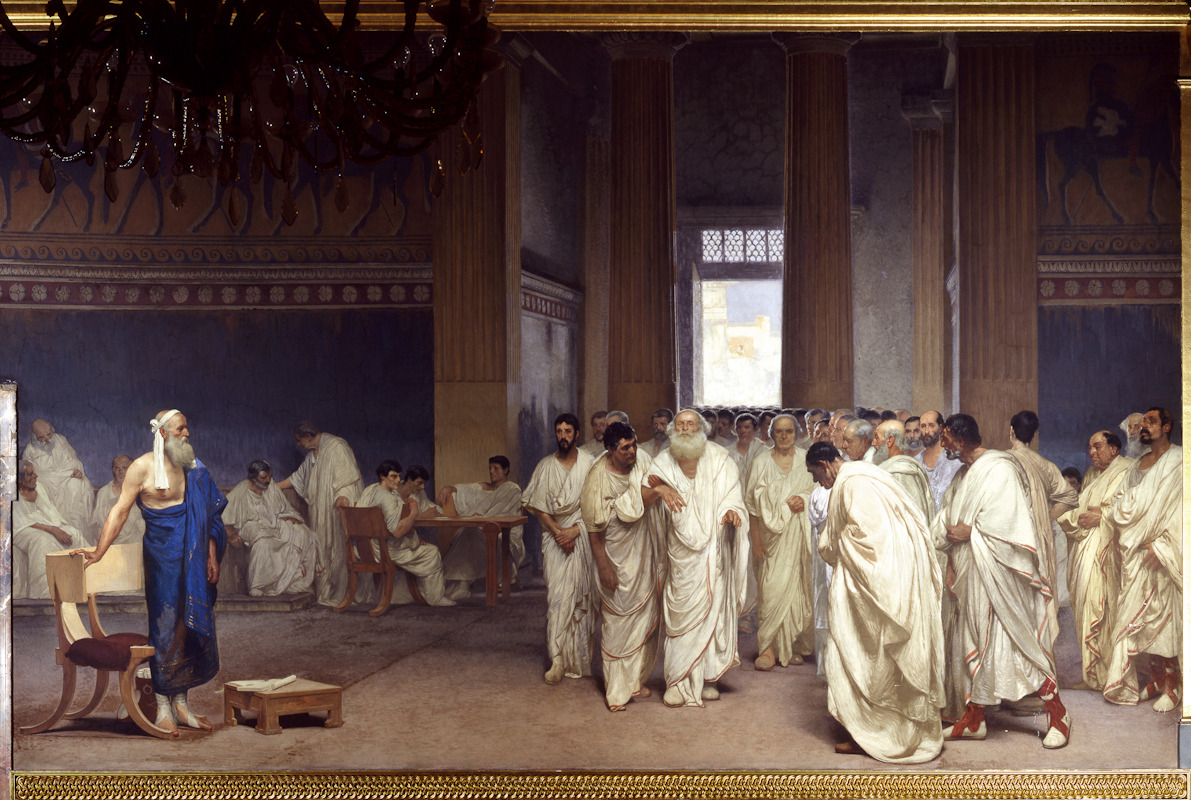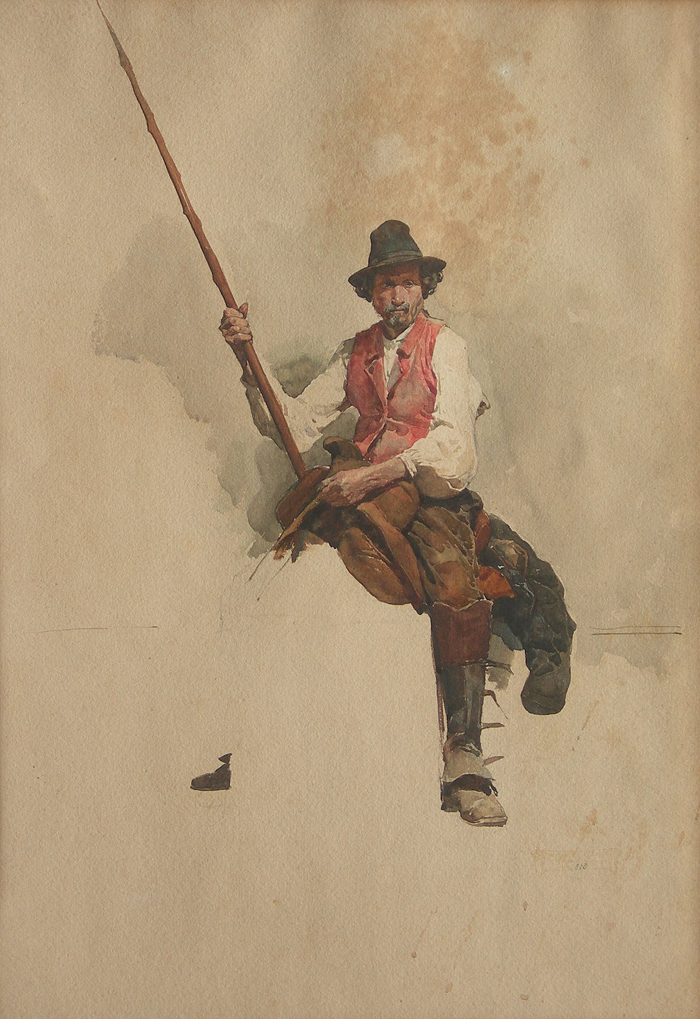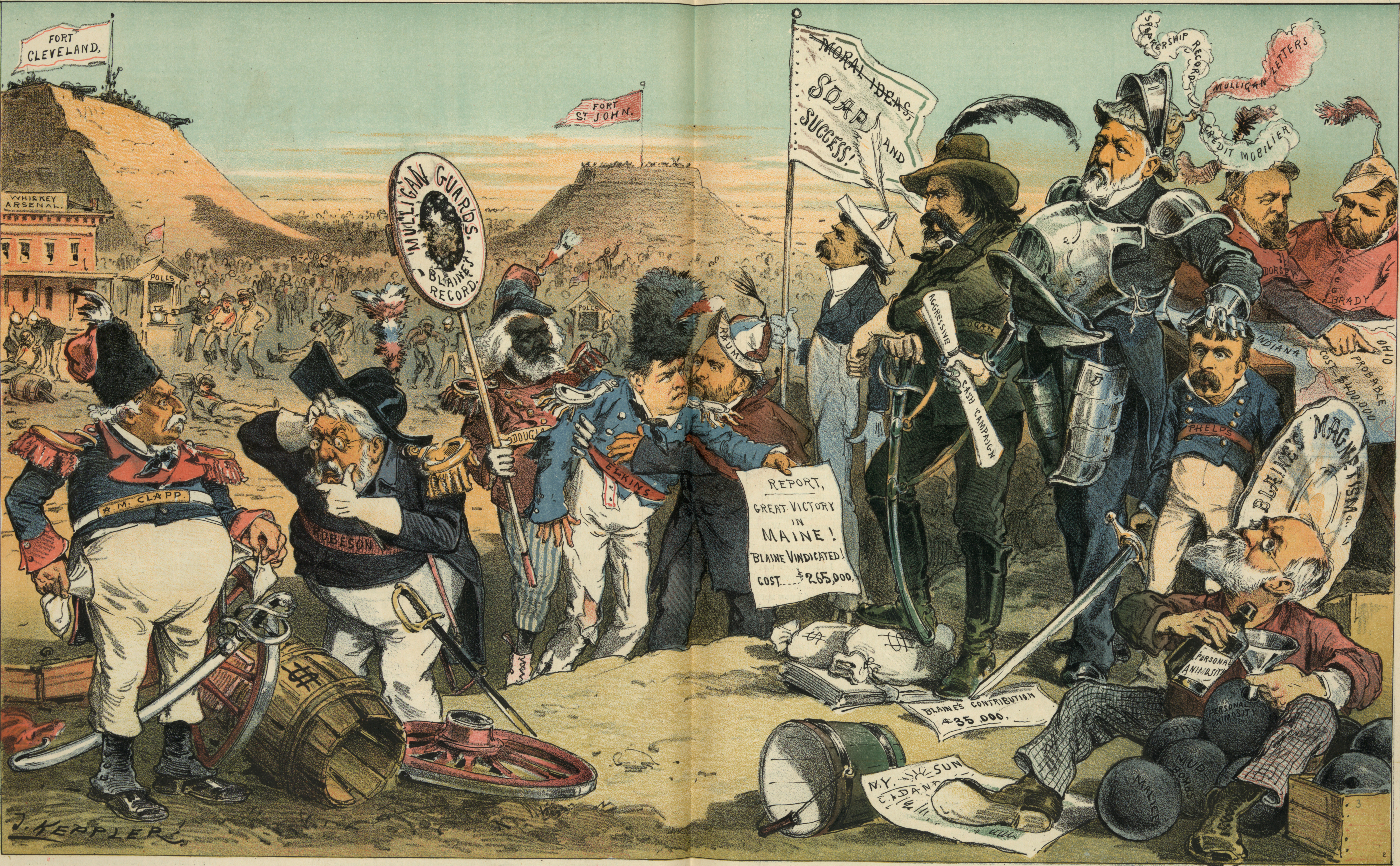|
Cineas
Cineas () was a man from Thessaly and an important adviser of King Pyrrhus of Epirus, Pyrrhus. He had a reputation for great wisdom and was a pupil of Demosthenes the orator and was the only man who could be compared in skill with Demosthenes. Pyrrhus held him in high regard. Cineas was an Epicureanism, Epicurean according to Cicero and Plutarch. Plutarch wrote that Pyrrhus sent Cineas to many cities in Greece as an ambassador and "used to say that more cities had been won for him by the eloquence of Cineas than by his own arms; and he continued to hold Cineas in especial honour and to demand his services." Plutarch wrote that prior to Pyrrhus undertaking the Pyrrhic War, Cineas tried to dissuade him from waging war against Rome in Italy and urged him to be satisfied with the possessions he already had. He asked Pyrrhus a series of questions: how he would use a victory against the Romans, what he would do after taking Italy, whether his expedition would stop with the taking of ... [...More Info...] [...Related Items...] OR: [Wikipedia] [Google] [Baidu] |
Pyrrhic War
The Pyrrhic War ( ; 280–275 BC) was largely fought between the Roman Republic and Pyrrhus, the king of Epirus, who had been asked by the people of the Greek city of Tarentum in southern Italy to help them in their war against the Romans. A skilled commander, with a strong army supported by war elephants (which the Romans were not experienced in facing), Pyrrhus enjoyed initial success against the Roman legions, but suffered heavy losses even in these victories. Pyrrhus was unable to recover his losses due to financial and population limitations of Epirus. Romans, by contrast, had a very large pool of military manpower and could replace their losses. Plutarch wrote that Pyrrhus said after the second battle of the war, "If we are victorious in one more battle with the Romans, we shall be utterly ruined." This is the source of the expression " Pyrrhic victory", a victory that inflicts losses the winner cannot afford in the long term. Worn down by the battles against Rome, Pyr ... [...More Info...] [...Related Items...] OR: [Wikipedia] [Google] [Baidu] |
Cesare Maccari
Cesare Maccari (; 9 May 1840 – 7 August 1919) was an Italian painter and sculptor, most famous for his 1888 painting ''Cicerone denuncia Catilina'' (usually translated as ''Cicero Accuses Catiline'' or ''Cicero Denounces Catiline''). Early life Maccari was born in Siena, in the Grand Duchy of Tuscany. He was a student of the Institute of the Fine Arts in Siena together with Tito Sarrocchi, working in sculpture and helping complete the Monumento Pianigiani in Siena. He later worked in the atelier of Luigi Mussini in Florence. There in 1864 he was commissioned by an English society to copy works of Bernardino Pinturicchio found in the Cathedral of Siena. Some of his first patronage came from works the Marquis Pieri-Nerli, who also commissioned him to paint frescoes of the four evangelists for a private chapel in his home in Quinciano, a hamlet in the comune of Monteroni d'Arbia. Maccari soon won a stipend to study in Rome, that also allowed him to travel through Italy. Ma ... [...More Info...] [...Related Items...] OR: [Wikipedia] [Google] [Baidu] |
Appius Claudius Caecus
Appius Claudius Caecus ( 312–279 BC) was a statesman and writer from the Roman Republic. He is best known for two major building projects: the Appian Way (Latin: Via Appia), the first major Roman road, and the first Roman aqueduct, aqueduct in Rome, the Aqua Appia. He is the first Roman public figure whose life can be traced with some historical certainty. He also instigated controversial popular-minded reforms and is also credited with the authorship of a juristic treatise, a collection of moral essays, and several poems, making him one of Rome's earliest literary figures. A patrician (ancient Rome), patrician of illustrious lineage, Caecus first came to prominence with his election to the position of Roman censor, censor in 312 BC, which he held for five years. During Caecus's time in office, aside from his building projects, he introduced several controversial but poorly-understood constitutional reforms: he increased the voting power of the poor and landless in the leg ... [...More Info...] [...Related Items...] OR: [Wikipedia] [Google] [Baidu] |
Italic Peoples
The concept of Italic peoples is widely used in linguistics and historiography of ancient Italy. In a strict sense, commonly used in linguistics, it refers to the Osco-Umbrian languages, Osco-Umbrians and Latino-Faliscan languages, Latino-Faliscans, speakers of the Italic languages, a subgroup of the Indo-European languages, Indo-European language family. In a broader sense, commonly used in historiography, all the ancient peoples of Italy are referred to as Italic peoples, including the non-Indo-European ones, as Rhaetian people, Rhaetians, Ligures and Etruscan civilization, Etruscans. As the Latins (Italic tribe), Latins achieved a dominant position among these tribes, by virtue of the expansion of the Ancient Rome, Roman civilization, the other Italic tribes adopted Latin language and culture as part of the process of Romanization (cultural), Romanization. Classification The Italics were an ethnolinguistic group who are identified by their use of the Italic languages, which ... [...More Info...] [...Related Items...] OR: [Wikipedia] [Google] [Baidu] |
Ancient Epirus
Epirus (; Epirote Greek: , ; Attic Greek: , ) was an ancient Greek kingdom, and later republic, located in the geographical region of Epirus, in parts of north-western Greece and southern Albania. Home to the ancient Epirotes, the state was bordered by the Aetolian League to the south, Ancient Thessaly and Ancient Macedonia to the east, and Illyrian tribes to the north. The Greek king Pyrrhus is known to have made Epirus a powerful state in the Greek realm (during 280–275 BC) that was comparable to the likes of Ancient Macedonia and Ancient Rome. Pyrrhus' armies also attempted an assault against the state of Ancient Rome during their unsuccessful campaign in what is now modern-day Italy. History Prehistory Epirus has been occupied since at least Neolithic times by seafarers (along the coast) and by hunters and shepherds (in the interior) who brought with them the Greek language. These neolithic peoples buried their leaders in large tumuli (mounds of earth that were raised o ... [...More Info...] [...Related Items...] OR: [Wikipedia] [Google] [Baidu] |
Hellenistic Thessalians
In classical antiquity, the Hellenistic period covers the time in Greek history after Classical Greece, between the death of Alexander the Great in 323 BC and the death of Cleopatra VII in 30 BC, which was followed by the ascendancy of the Roman Empire, as signified by the Battle of Actium in 31 BC and the Roman conquest of Ptolemaic Egypt the following year, which eliminated the last major Hellenistic kingdom. Its name stems from the Ancient Greek word ''Hellas'' (, ''Hellás''), which was gradually recognized as the name for Greece, from which the modern historiographical term ''Hellenistic'' was derived. The term "Hellenistic" is to be distinguished from "Hellenic" in that the latter refers to Greece itself, while the former encompasses all the ancient territories of the period that had come under significant Greek influence, particularly the Hellenized Middle East, after the conquests of Alexander the Great. After the Macedonian conquest of the Achaemenid Empire in 330 BC ... [...More Info...] [...Related Items...] OR: [Wikipedia] [Google] [Baidu] |
3rd-century BC Greek Politicians
The 3rd century was the period from AD 201 (represented by the Roman numerals CCI) to AD 300 (CCC) in accordance with the Julian calendar. In this century, the Roman Empire saw a crisis, starting with the assassination of the Roman Emperor Severus Alexander in 235, plunging the empire into a period of economic troubles, barbarian incursions, political upheavals, civil wars, and the split of the Roman Empire through the Gallic Empire in the west and the Palmyrene Empire in the east, which all together threatened to destroy the Roman Empire in its entirety, but the reconquests of the seceded territories by Emperor Aurelian and the stabilization period under Emperor Diocletian due to the administrative strengthening of the empire caused an end to the crisis by 284. This crisis would also mark the beginning of Late Antiquity. While in North Africa, Roman rule continued with growing Christian influence, particularly in the region of Carthage. In Persia, the Parthian Empire was succ ... [...More Info...] [...Related Items...] OR: [Wikipedia] [Google] [Baidu] |
3rd-century BC Greek People
The 3rd century was the period from AD 201 (represented by the Roman numerals CCI) to AD 300 (CCC) in accordance with the Julian calendar. In this century, the Roman Empire saw a crisis, starting with the assassination of the Roman Emperor Severus Alexander in 235, plunging the empire into a period of economic troubles, barbarian incursions, political upheavals, civil wars, and the split of the Roman Empire through the Gallic Empire in the west and the Palmyrene Empire in the east, which all together threatened to destroy the Roman Empire in its entirety, but the reconquests of the seceded territories by Emperor Aurelian and the stabilization period under Emperor Diocletian due to the administrative strengthening of the empire caused an end to the crisis by 284. This crisis would also mark the beginning of Late Antiquity. While in North Africa, Roman rule continued with growing Christian influence, particularly in the region of Carthage. In Persia, the Parthian Empire was s ... [...More Info...] [...Related Items...] OR: [Wikipedia] [Google] [Baidu] |
Pyrrhic Victory
A Pyrrhic victory ( ) is a victory that inflicts such a devastating toll on the victor that it is tantamount to defeat. Such a victory negates any true sense of achievement or damages long-term progress. The phrase originates from a quote from Pyrrhus of Epirus, whose triumph against the Romans in the Battle of Asculum in 279 BC destroyed much of his forces, forcing the end of his campaign. Etymology A "Pyrrhic victory" is named after King Pyrrhus of Epirus, whose army suffered irreplaceable casualties in defeating the Romans at the Battle of Heraclea in 280 BC and the Battle of Asculum in 279 BC, during the Pyrrhic War. After the latter battle, Plutarch relates in a report by Dionysius: In both Epirote victories, the Romans suffered greater casualties, but they had a much larger pool of replacements, so the casualties had less impact on the Roman war effort than the losses had on the campaign of King Pyrrhus. The report is often quoted as: or Examples War This ... [...More Info...] [...Related Items...] OR: [Wikipedia] [Google] [Baidu] |
Taranto
Taranto (; ; previously called Tarent in English) is a coastal city in Apulia, Southern Italy. It is the capital of the province of Taranto, serving as an important commercial port as well as the main Italian naval base. Founded by Spartans in the 8th century BC during the period of Greek colonisation, Taranto was among the most important '' poleis'' in Magna Graecia, becoming a cultural, economic and military power that gave birth to philosophers, strategists, writers and athletes such as Archytas, Aristoxenus, Livius Andronicus, Heracleides, Iccus, Cleinias, Leonidas, Lysis and Sosibius. By 500 BC, the city was among the largest in the world, with a population estimated up to 300,000 people. The seven-year rule of Archytas marked the apex of its development and recognition of its hegemony over other Greek colonies of southern Italy. During the Norman period, it became the capital of the Principality of Taranto, which covered almost all of the heel of Apulia. ... [...More Info...] [...Related Items...] OR: [Wikipedia] [Google] [Baidu] |
Battle Of Heraclea
The Battle of Heraclea took place in 280 BC between the Romans under the command of consul Publius Valerius Laevinus, and the combined forces of Greeks from Epirus, Tarentum, Thurii, Metapontum, and Heraclea under the command of Pyrrhus, king of Epirus. Although the battle was a victory for the Greeks, they incurred severe losses.Legion Versus Phalanx, Myke Cole Background Tarentum was a Greek colony, part of Magna Graecia. The members of the leading faction in Tarentum, the democrats under Philocharis or Ainesias, were against Rome, because they knew that if the Romans entered Tarentum the Greeks would lose their independence. The Greeks in Tarentum had grown afraid of Roman expansion after the Third Samnite War. After the surrender of the Samnites in 290 BC, the Romans founded many colonies in Apulia and Lucania, the most important of which was Venusia. In 282 BC, after a battle against the Samnites, Lucanians, Bruttians and Thurii, Roman troops entered the Italian ... [...More Info...] [...Related Items...] OR: [Wikipedia] [Google] [Baidu] |
Thessaly
Thessaly ( ; ; ancient Aeolic Greek#Thessalian, Thessalian: , ) is a traditional geographic regions of Greece, geographic and modern administrative regions of Greece, administrative region of Greece, comprising most of the ancient Thessaly, ancient region of the same name. Before the Greek Dark Ages, Thessaly was known as Aeolia (, ), and appears thus in Homer's ''Odyssey''. Thessaly Convention of Constantinople (1881), became part of the modern Greek state in 1881, after four and a half centuries of Ottoman Greece, Ottoman rule. Since 1987 it has formed one of the country's 13 Modern regions of Greece, regions and is further (since the Kallikratis reform of 2011) sub-divided into five regional units of Greece, regional units and 25 municipalities of Greece, municipalities. The capital of the region is Larissa. Thessaly lies in northern central Greece and borders the regions of Macedonia (Greece), Macedonia to the north, Epirus (region), Epirus to the west, Central Greece (geo ... [...More Info...] [...Related Items...] OR: [Wikipedia] [Google] [Baidu] |










